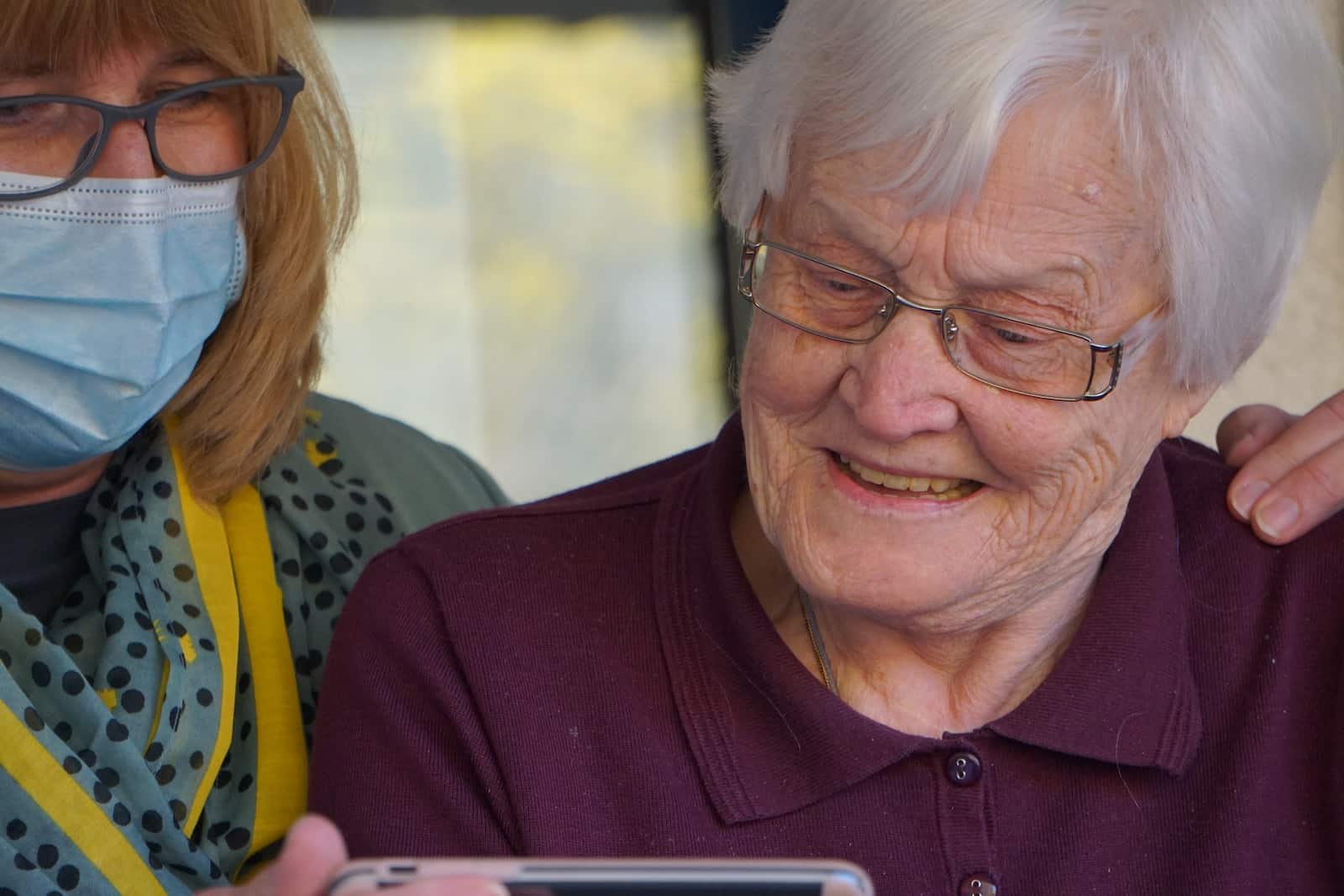
Over the years, this profession has evolved a lot. From treating the wounded in a battleground to treating people with modern medicine, nurses are everywhere. They have been working hard for ages and have been striving to better and improvise the healthcare system. Many hospitals rely on their nursing staff to enhance the quality of their services. Whenever we visit a hospital, nurses are the first ones to greet and treat us. They listen to our symptoms and give us initial treatment. Nurses are the link among patients and doctors. They communicate their concerns to nurses and convey them ahead to the hospital management.
Today’s hospitals are booming with patients, increasing the need for more professional doctors and nurses. The baby boomers are retiring at a fast pace, and their old age has added to their increasing ailments. Nurses today are more autonomous, and they enjoy greater liberty as compared to the past. Nurses are coordinating patient care effectively with doctors, and they have played a vital role in the healthcare industry. Modern-day nurses play different healthcare roles, such as mental health nurses, family nurses, or registered nurses. As a nurse, if you are looking for a transition in your field towards family nursing, you only need an online msn fnp program to make a career transition. Over the years, nurses have evolved to a greater extent, and they have stabilized the healthcare industry.
- Enhancing Quality Care
Like every other business, a hospital means business, and their success lies in patients’ satisfaction. A doctor only diagnoses and prescribes medicine for patients. Still, nurses are the ones that look after their recovery and monitor their progress. When you book an appointment with a doctor, after checking at the front desk, the next person that will attend to you is a nurse. Once a patient gets admitted to a hospital, a doctor will devise their treatment, and nurses are the ones that ensure that their treatment goes well. Patients rely on nurses for their treatment, and if they face any issue, they directly report it to the nurses. We will never revisit a hospital or refer it to others if we do not get appropriate response and treatment.
- Bridging the Gap
Patients do not interact much with the doctors, but if they have to convey their concerns to a doctor, they will need a medium. Doctors often visit their patients and inquire about well-being, but nurses interact more with patients than doctors. Nurses ensure that their patients feel secure and satisfied with the services they receive at a hospital. Since nurses are the ones who get to monitor their progress and are well aware of their situation, they serve as a medium between a doctor and a patient. Nurses have been playing a vital role in bridging the gap between families, patients, and doctors. In every healthcare setup, the family nurse practitioner role is an integral factor in streamlining the situation and other processes.
- Patient Advocacy
Not every patient is aware of the medical situation that they are going through. Some may have little knowledge about the diseases, but others may not understand the disease. Nurses are responsible for monitoring their patients’ progress and advocating for their patients. Many nurses working in senior roles can make decisions in emergencies to avoid any severe medical hazard. Previously nurses lacked autonomy, and doctors were not having enough interaction with a patient. With advancements in modern medicines, nurses now have the liberty to decide what is best for patients. Their problem-solving and critical skill thinking, along with their training, has enabled them to suggest what is best for their patients.
- Promoting Telehealth
The current pandemic has highlighted the importance of frontline healthcare professionals like doctors and nurses. On the one hand, these healthcare professionals were managing the increasing COVID-19 cases. On the other hand, they also had to think about the patients with chronic health disease who could not get any medical assistance. The healthcare industry shifted towards telehealth and telemedicine. Nurses played a vital role in sustaining the telehealth services as they educated the patients about their medicines and symptoms. Telehealth and telemedicine have helped many patients to receive medical assistance while staying safe at home. Telehealth services have enhanced the quality of patient care. Had it not been for nurses, there would have been no one to share doctors’ burden.
- Educating and Following Up
Nurses have been looking after patients while they are at the hospital. Once they are about to discharge from the hospital, nurses are the ones to educate them. They guide them about their treatment protocol, and they also communicate to their families regarding their post-hospital care. Nurses have been educating patients. They have played a vital role in increasing the health literacy of patients. They monitor patient’s charts to advise them about their health and look after their health. Nurses are aware of what treatment will serve best and how they must look after their health to avoid further complications and revisit the hospital repeatedly.
Conclusion
The nursing profession has been in action for ages. The nurses are the first to receive a patient in the hospital and record their medical history. They monitor their vitals and report anything unusual that they see in a patient’s recovery. Nurses also play a vital role in hospital management. They can add valuable input that can help the management devise strategies to sustain the healthcare system. Nurses are the ones that interact with patients, and their rotations help them to observe different situations.





1 comment
Now a lot of needs can replace mobile solutions, find mobile healthcare app development here. Their popularity is connected not only with ease of use. Mobile applications will not replace doctors, but they will help to significantly improve the healthcare system for patients.